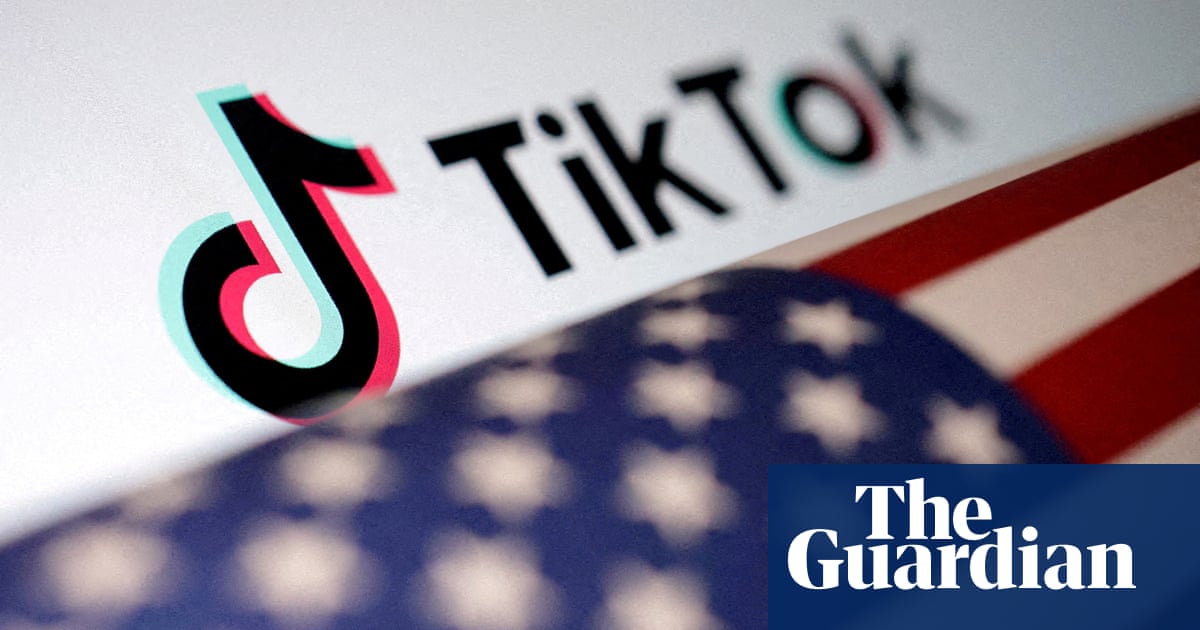[ad_1]
New lawsuits from Chinese tech firm ByteDance have challenged the US government’s “unconstitutional secession of TikTok,” revealing fresh details of failed negotiations over a potential ban on the platform.
The law, signed in April by Joe Biden, gives ByteDance until January 19 to either sell TikTok’s US assets or face a ban. ByteDance said in its new filings that such a divestment was “technologically, commercially or legally impossible” and accused the US government of refusing to engage in serious negotiations for a post-2022 settlement.
“Never before has Congress silenced so much speech with a single action,” the brief filed by TikTok said.
The proposed ban is the culmination of years of national security concerns among US lawmakers, who fear China could access data on Americans or spy on them through the app. The The Biden administration has said it wants to see ByteDance sell off TikTok rather than ban the app outright in the U.S. — which the company says isn’t feasible.
The proposed legislation would bar app stores, such as those run by Apple and Google, from offering the app unless ByteDance sells it. It also prohibits internet hosting services from supporting TikTok in case it is not sold. Taken together, such measures would effectively ban the use of the app in the US.
In the filings, ByteDance’s lawyers recounted lengthy negotiations between the company and the US government, which they said ended abruptly in August 2022. The company also released a redacted version of a more than 100-page draft national security agreement to protect the data of TikTok users in the US and says it has spent more than $2 billion on the effort.
The draft agreement included giving the US government an “off switch” to suspend TikTok in the country at the government’s discretion if the company did not comply with the agreement, and said the US had requested that TikTok’s source code be moved out of China.
“This administration has decided that it would rather try to shut down TikTok in the United States and remove a platform for speech for 170 million Americans, rather than continue to work on a practical, feasible and effective solution to protect US consumers through an enforceable settlement with the government of the US,” TikTok’s lawyers wrote to the US Department of Justice in an April 1 email released Thursday.
The Justice Department declined to comment on the email but said last month that the law “addresses critical national security concerns in a manner that is consistent with the First Amendment and other constitutional constraints.” She said she would defend the legislation in court.
The U.S. Court of Appeals for the District of Columbia Circuit will hold oral arguments lawsuits filed by TikTok and ByteDance together with TikTok users on September 16. TikTok’s future in the US could depend on the outcome of the case, which could affect how the government uses its new powers to restrict foreign-owned apps.
TikTok says any exemption or split — even if technically possible — would take years and argues the law runs afoul of Americans’ free speech rights. It also said the law unfairly singles out TikTok for criminal treatment and “ignores many apps with significant operations in China that collect large amounts of user data in the US, as well as many US companies that develop software and hire engineers in China.”
“This law is a radical departure from this country’s tradition of protecting an open internet and sets a dangerous precedent allowing the political branches to target a disfavored speech platform and force it to sell or shut down,” ByteDance and TikTok said in the documents. , which also includes statements from lawyers for a group of eight platform creators.
TikTok creators say the law would infringe on their free speech rights. They also said it was clear there were no immediate national security risks because the law “allows TikTok to continue operating for the rest of this year — including during an election that the president himself, who signed the bill, says are existential to our democracy’.
[ad_2]
